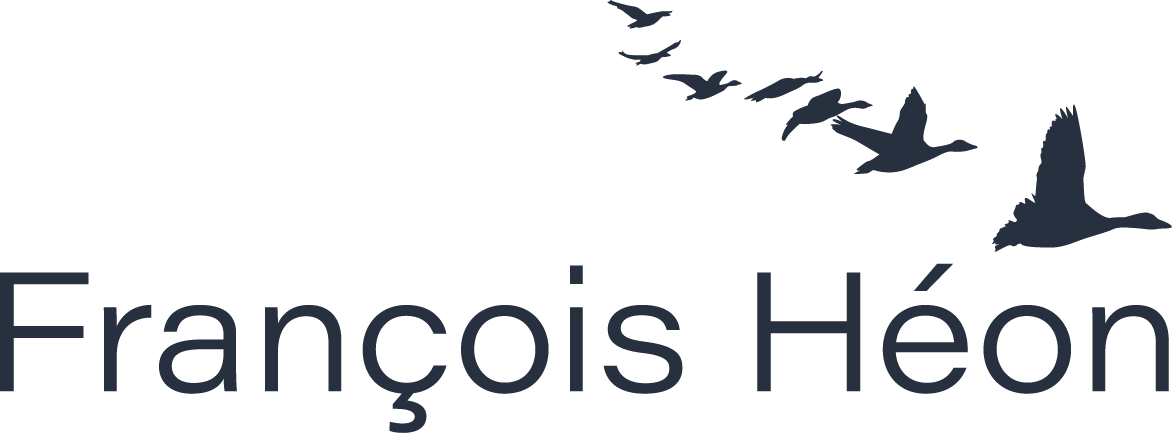In workshop after workshop, I hear leaders identify their significant leader as someone with a personal ethic, an inner moral compass, a personal discipline, integrity. And in a context where leadership and integrity are perennially questioned with so many of our leaders and institutions, it’s good to remind ourselves that leaders truly distinguish themselves by this inner sense of direction and purpose.
According to some scholars, the original root of the word sin refers to the idea of missing one’s target, like an archer would miss his target. In biblical Hebrew, the generic word for sin is ‘het.’ Which means ‘to err,’ or ‘to miss the mark.’ And the Greek word hamartia (ἁμαρτία) is also usually translated as ‘sin’ in the New Testament and also means ‘to miss the mark’ or ‘to miss the target.’ Based on these definitions, one could say that we actually sin or lack integrity when we lose sight of our target, of our own inner sense of purpose and direction.
In positive psychology, recent focus has been put on distinguishing between the two Greek notions of well-being and happiness: the hedonic quest for happiness through pleasure and the eudemonic quest for happiness through meaning and self-realization. Whereas hedonic happiness is based on experiencing a sense of well-being through good feelings, Eudemonic happiness is based on experiencing a sense of life purpose, challenges and growth. And recent research support the idea that happiness and wellbeing results from the pursuit of pleasure with the development of individual strengths and virtues.
From this perspective, leadership development and integrity imply the capacity for leaders to become truly intentional and self-directed. Whether it’s being intentional about how you want to experience your day, how you want to experience your next meeting, or how you want to experience your life. This subservient focus and refocus on one’s intentions can be seen as a dynamic pathway to decision-making, integrity, and happiness.
How can I show integrity if I don’t know what I will? Or how can we show integrity if we don’t know what we will together? To have more integrity, we need more intentionality; and to have more intentionality, we need more leadership.
As long as we keep purpose in both our organizational and private lives, we are able to wander through realms of chaos, make decisions about what actions will be consistent with our purpose, and emerge with a discernible pattern or shape to our lives.
– Margaret J. Wheatley
This article is an excerpt from: The Yin and Yang of Leadership: A Theoretical and Practical Guide to Democratic Leading (2018)


